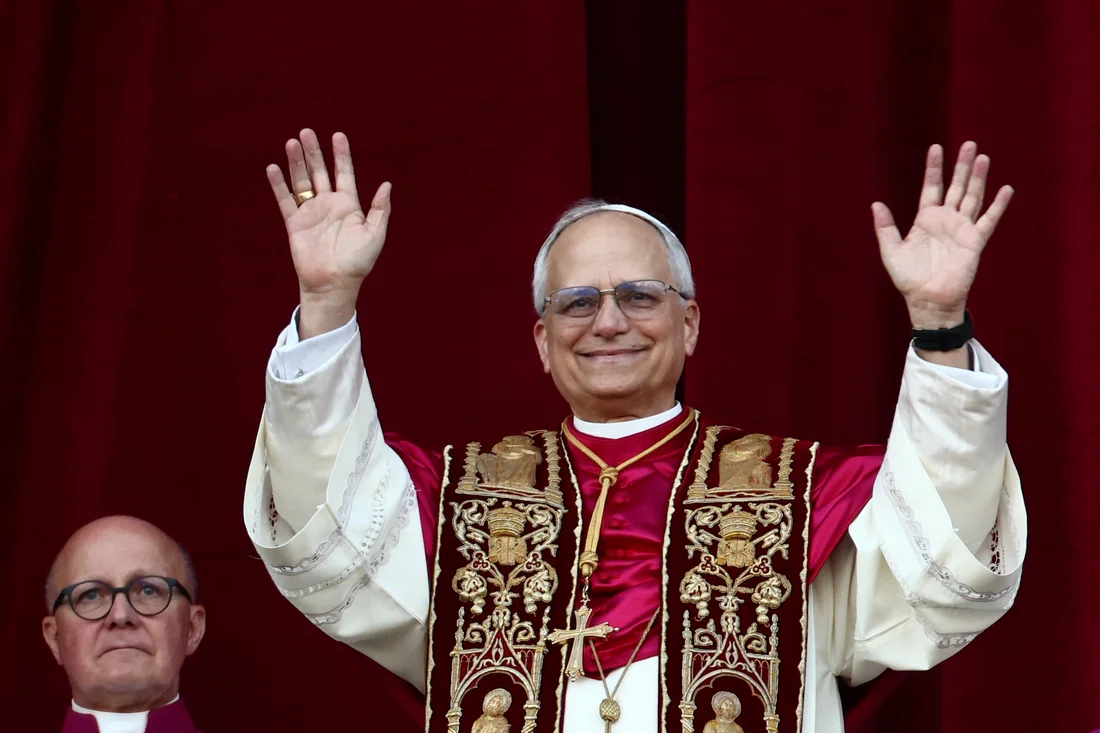In a surprising decision, the College of Cardinals on Thursday chose American Cardinal Robert Prevost as the new leader of the Roman Catholic Church, making him the first pontiff from the United States. Taking the name Leo XIV, he succeeds the late Pope Francis, who passed away last month after a transformative 12-year papacy.
The announcement came after white smoke rose from the Sistine Chapel, signaling that the 133 cardinals had reached a decision. Roughly 70 minutes later, the newly elected pope appeared on the central balcony of St. Peter’s Basilica, where French Cardinal Dominique Mamberti proclaimed in Latin, “Habemus Papam” (We have a pope), to the cheering crowds below.
A Humble Background with Global Experience
At 69 years old, the Chicago-born Prevost has spent much of his career as a missionary in Peru, demonstrating a deep commitment to pastoral work. Elevated to cardinal only in 2023, he has maintained a low public profile, rarely granting interviews or speaking extensively in the media. His unexpected election suggests a desire among the cardinals for a pastorally focused, humble leader rather than a high-profile figure.
Following a Progressive Predecessor
Pope Leo XIV takes the helm after the death of Pope Francis, the first Latin American pope, who sought to modernize the Church by encouraging dialogue on previously contentious issues. Under Francis, the Vatican saw debates on topics such as greater roles for women in the Church and inclusion of LGBTQ+ Catholics, along with broader reforms aimed at transparency and decentralization.
The conclave preceding Prevost’s election revealed a split among cardinals—some pushing to continue Francis’s reformist legacy, while others favored a return to traditional doctrine. Prevost’s selection may signal an attempt to bridge these divides, though his exact vision for the Church remains to be seen.
As the 267th pope, Leo XIV steps into a global institution with 1.4 billion followers, facing challenges ranging from declining congregations in the West to growing influence in Africa and Asia. His background as a missionary could shape his approach, potentially emphasizing outreach and pastoral care over doctrinal rigidity.
The world now watches to see whether Pope Leo XIV will continue his predecessor’s reforms or steer the Church in a new direction.


